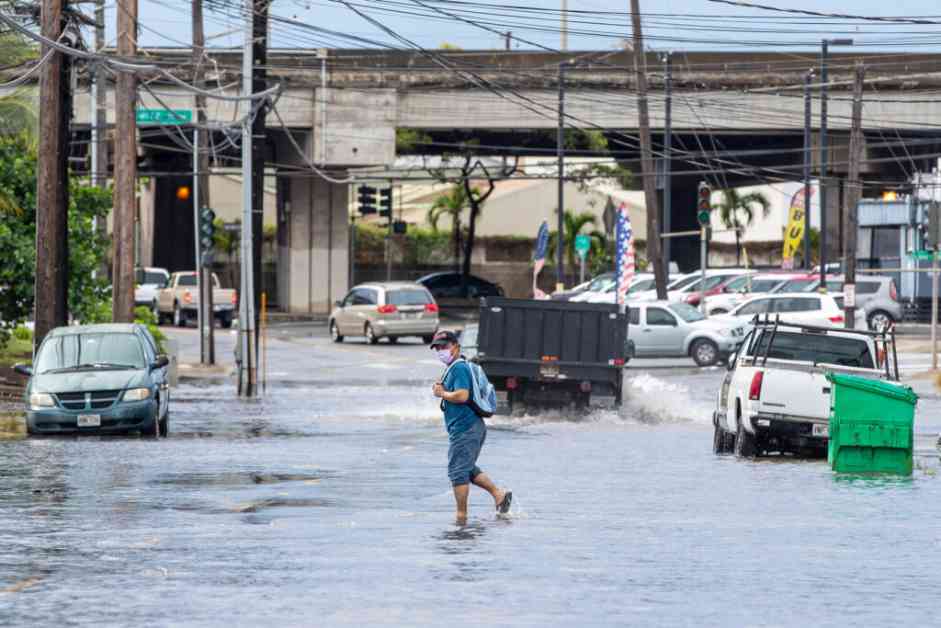Supreme Court Allows Lawsuits Against Oil Companies
In a groundbreaking decision, the U.S. Supreme Court has opted to permit lawsuits against major oil companies, allowing cases to proceed in lower courts across the nation. This move has significant implications for climate litigation and marks a pivotal moment in holding fossil fuel companies accountable for their role in environmental damage.
Interview Insights with Pat Parenteau
Emeritus Professor Pat Parenteau, a former EPA regional counsel and esteemed member of Vermont Law and Graduate School, shed light on the lawsuit filed by the city of Honolulu against Exxon, Sunoco, and other oil giants. This legal action aims to recover costs associated with climate-related damages, such as storms, droughts, and heat, for which states and cities are bearing the burden.
Parenteau emphasized that these cases differ from traditional climate litigation focused on emissions reduction. Instead, they target companies responsible for marketing products contributing to climate change, seeking financial contributions for adaptation efforts. With nearly 40 similar cases pending nationwide, the legal landscape is evolving to address the broader impacts of fossil fuel consumption.
Oil Companies’ Responses and Court Dynamics
The fossil fuel industry has rebutted allegations by asserting that climate change remedies should be legislated rather than litigated. They argue against singling out individual companies for a global issue and stress the complexity of transitioning to alternative energy sources. Despite these defenses, states and cities are forging ahead with legal actions to secure compensation for environmental damages.
Regarding the Supreme Court’s decision not to intervene in the ongoing cases, Parenteau highlighted the significance of allowing trials to proceed. This enables states to present evidence of corporate wrongdoing and environmental harm, potentially leading to substantial financial repercussions for oil companies. While the road to a final verdict is long, the outcome could reshape the corporate accountability landscape and provide crucial funding for climate adaptation efforts.
Implications and Future Outlook
If judges rule in favor of plaintiffs like Honolulu, oil companies could face billion-dollar verdicts, potentially impacting their financial stability. While the industry warns of bankruptcy risks, the lawsuits aim to shift the financial burden from taxpayers to corporations responsible for environmental damages. The long-term implications of these legal battles extend beyond monetary compensation, offering a pathway for states and cities to address climate-related challenges.
In conclusion, the Supreme Court’s decision to allow lawsuits against oil companies sets the stage for a transformative legal showdown with far-reaching consequences for corporate accountability and climate action. As these cases progress through the legal system, the debate over environmental responsibility and financial restitution will continue to shape the future of climate litigation in the United States.
—
Donations from readers like you fund every aspect of what Inside Climate News does. If you don’t already, will you support their ongoing work, their reporting on the biggest crisis facing our planet, and help them reach even more readers in more places? Please take a moment to make a tax-deductible donation. Every one of them makes a difference. Thank you.














